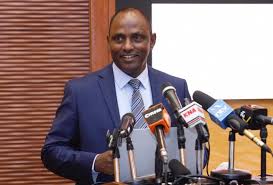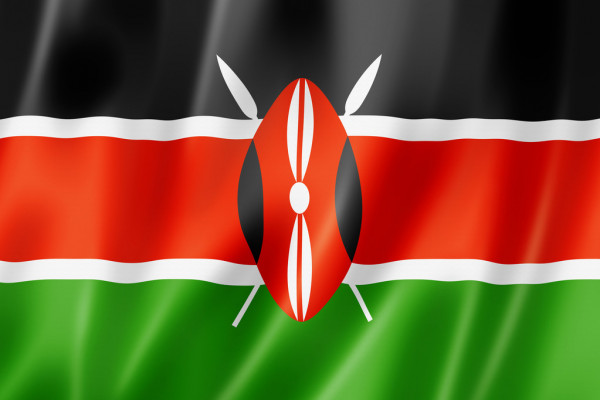
The National Treasury has set aside Sh1.2 billion to fund Kenya’s activities on the United Nations Security Council (UNSC) where the country is serving the first leg of its two- year term.
“This reflects a net increase of Sh1.2 billion. The additional funding is to cater for shortfall in personnel emoluments and operationalisation of the United Nations Security Council (UNSC) office,” Treasury Cabinet Secretary Ukur Yatani said in a supplementary budget published last week.
Kenya’s tenure on the UNSC seat started in January, six months after securing the prestigious seat.
The country edged out its closest rival for the seat, Djibouti, in June last year after garnering 129 votes against 62. This was after months of intense lobbying across the continent and globally.
The AU had endorsed Kenya for the seat, but Djibouti rejected this decision and went ahead to conduct parallel campaigns fighting to the very end in defiance of the continental body’s endorsement of Nairobi’s sole candidature.
President Uhuru Kenyatta said the win, which saw the country return to the UN body after 23 years, was a demonstration of the country’s growing profile and influence in the community of nations.
Some of those decisions, Kenya could be involved in include imposition of sanctions, authorising the use of force to preserve peace as well as electing judges of the International Court of Justice (ICJ).
Getting a seat on the UNSC placed East Africa’s biggest economy at the helm at a time of volatility in the region following disputes over elections and violent upheavals.
Uganda is navigating an uneasy calm where presidential hopeful Robert Kyagulanyi Ssentamu alias Bobi Wine is challenging President Yoweri Museveni’s re-election.
Ethiopia is battling to restore calm in Tigray after the military invaded the region last year and has had to suspend elections.
Somalia is working to resolve an electoral impasse that saw the country miss key poll deadlines.

Kenya is important economically as the commercial hub of East Africa, providing landlocked countries such as Uganda, South Sudan, Rwanda, and Burundi with access to the Indian Ocean.
The country is also strategically important in the region’s security as one of those contributing troops to the African Union Mission in Somalia (AMISOM).
However, recent wrangling over maritime borders, with possibly lucrative Indian Ocean oil and gas reserves at stake, has dampened Nairobi’s influence. The dispute rests with the International Court of Justice whose final hearing is due in March 2021, but Kenya is still trying to reach an out-of-court settlement.
In December, Somalia cut diplomatic ties with Kenya, accusing it of repeatedly “meddling in its internal affairs” and “violating its sovereignty”.
Fifteen countries sit on the Security Council, the UN organ that maintains international peace and security. Five are permanent members, who have the right to veto resolutions: China, France, Russia, the UK and the United States.















